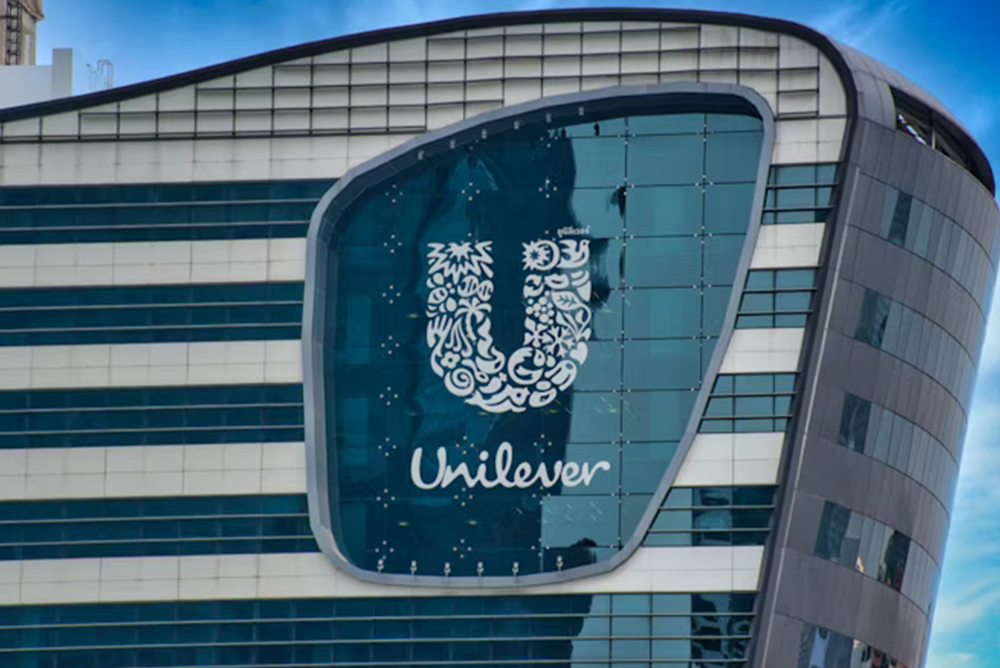- 2024-02-28
- 阅读量:3555
- 来源|Cosmetic Business Online
- 作者|Zhu Sheng Qian
Operational innovation.
Recently, a personnel change of Unilever triggered the industry's attention: Aline Santo, Unilever's chief brand officer, will leave the company at the end of March this year after working for the group for 35 years.Santo currently serves as Chief Brand Officer and Chief Equity, Diversity and Inclusion Officer at Unilever, and is one of the company's top marketers.Following Santo's departure, Unilever's global marketing team will report to Esi Eggleston Bracey, Chief Growth and Marketing Officer, who replaced Conny Braams, formerly Chief Digital and Commercial Officer, in October last year. The global equity, diversity and inclusion team will report to HR. Unilever has not yet confirmed whether it is seeking Santo's replacement, according to foreign media sources.
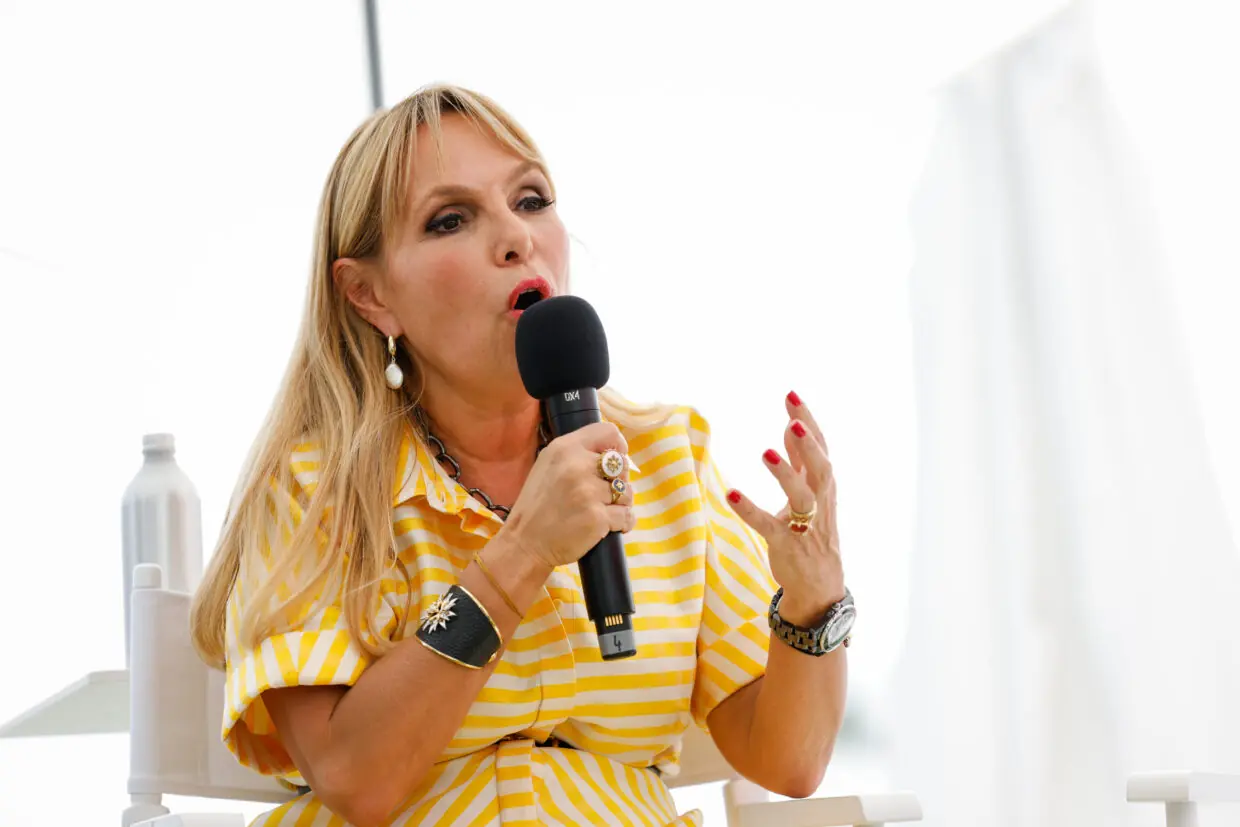
● Aline Santo
01
Outgoing veteran served the group for 35 years
Santo compared the tenure to a marriage on Collage, "The 35th anniversary will be celebrated as a coral anniversary, symbolizing longevity and success, which in some traditions is also seen as a sign of wisdom and achievement."
And so it has been.As well as having a strong track record of brand performance during his tenure, Santo has also demonstrated his vital role in ESG.Upon taking up the role of the Group's Chief Equity and Inclusion Officer in 2016, Santo joined forces with UN Women and a number of marketing and advertising giants to set up the Anti-Stereotyping Coalition with the aim of eradicating negative impacts reinforced by advertising, including mainly on marginalized groups and women. negative impacts, including mainly marginalized groups and women.
Within the Group, Santo's efforts have resulted in a 1:1 gender ratio in the company's management team.
In terms of brand operations, Santo found a niche in the personal care sector after joining Unilever Brazil in 1989. Santo launched the first hair care products with Unilever's personal care brands, Sunsilk Sharsline and Seda, which drove the company's market share growth.
In 2000, Santo became Vice President of Marketing for Unilever Brazil, then Regional Leader for Skin Cleansing in Latin America, where he helped shape the Dove Real Beauty Campaign in North America and Europe, and has since taken the campaign global.

Dove's campaign has brought about a significant change in society, promoting women's self-esteem and the pursuit of "confident beauty" around the world. The campaign has also generated significant economic value for the brand. In the first ten years of the campaign, Dove's sales jumped from $2.5 billion to $4 billion, and its soap became the soap brand of choice in the United States and Unilever's best-selling product company-wide.
In 2005, Santo joined Unilever's Home Care division to lead global marketing for Persil and OMO. Santo also led the 'Dirt is Good' brand platform, which included all of Unilever's laundry brands and grew its market share from $270 million to nearly $5 billion in seven years.
Santo said she will be leaping into the unknown, confirming that her next role has yet to be decided.
02
Ongoing adjustments to the organizational structure
In 2022, Unilever will change the original three major business divisions into five major divisions to save operating costs. Under the structural adjustment, Unilever has also seen quite frequent personnel changes in the past two years.
Early last year, Unilever announced the appointment of Hein Schumacher (Szemahan) as Chief Executive Officer, which was officially implemented on July 1 last year. In its latest financial report for 2023, Unilever revealed another personnel change: Nitin Paranjpe, the Group's Chief People and Transformation Officer, has decided to retire from Unilever later this year, and Mairéad Nayager will be the new Chief People Officer, effective June 1st.
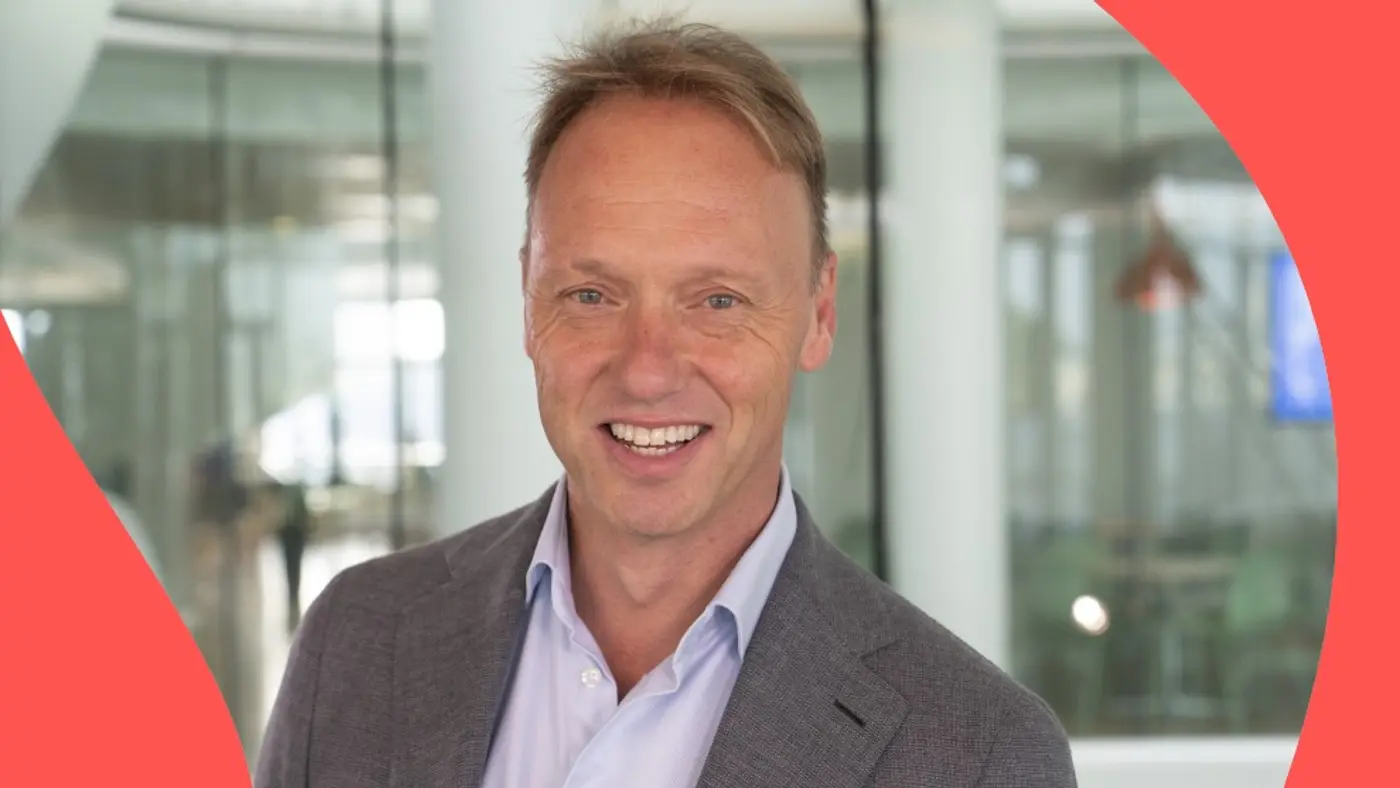
● Hein Schumacher
After the new CEO took office, the first big news released by Unilever was the package sale of Elida Beauty, which includes a host of brands such as Ponds and TIGI. In December last year, foreign media reported that a Boston-based, consumer-focused investment firm Yellow Wood Partners won the auction for Elida Beauty and is currently negotiating the final aspects of the deal, which is expected to be worth less than $1 billion.
Streamlining the organization and focusing on performance are the business priorities of this new CEO. Last October, Unilever set out a new growth plan to drive performance and competitiveness. Specifically: accelerated growth, productivity and simplification and a performance culture.
Going forward, Unilever will focus on operating 30 strong brands and driving brand strength through new quantitative approaches, while the brands will also strengthen innovation to drive them towards premiumization.
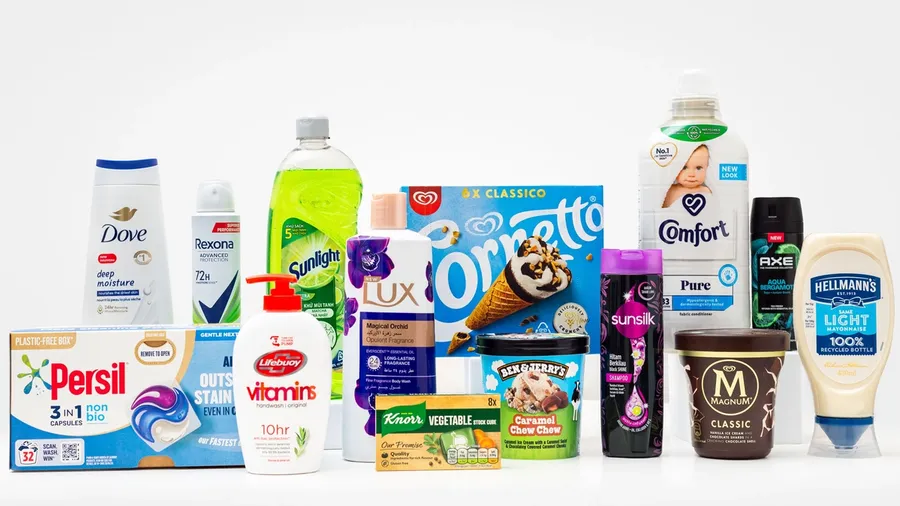
Judging by the results, this effort is beginning to show results.2023 annual report data shows that Unilever's underlying sales grew by 7%, with a total turnover of 59.6 billion euros, of which fourth-quarter sales grew by 1.8%. Compared to the previous rise in revenue achieved through price increases, Unilever began to return to the product itself. After the release of the earnings report, Unilever's intraday share price hit a four-month high.
In the last year, Unilever's executive changes have received a lot of attention in the industry.In 2019, Unilever abolished the CMO (Chief Marketing Officer) in favor of a CMDO (Chief Digital and Commercial Officer), which was assumed by Conny Braams.After Conny Braams stepped down from his position last August, Unilever abolished the role and reinstated the CMO position, which was assumed by Esi Eggleston. Unilever's public information shows that Esi was executive vice president and chief operating officer, leading Unilever's $5 billion beauty and personal care portfolio in North America and delivering rapid brand growth.
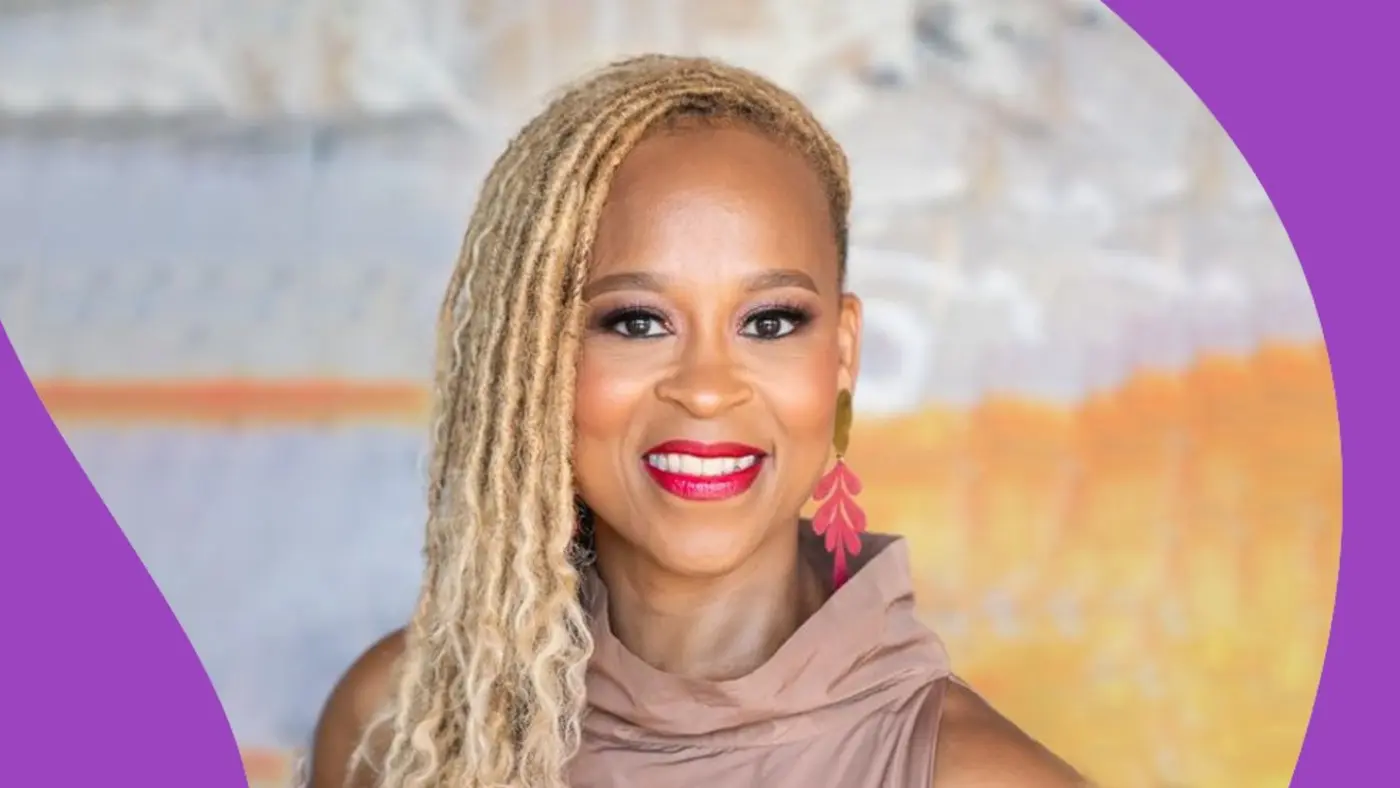
● Esi Eggleston
The famed consumer goods giant, and one of the world's largest advertisers, has reinstated its CMO position in what is being seen as a signal to step up marketing. Dan Rookwood, operating partner at capital firm VGC Partners, said, "This is explicitly linking marketing to growth. It's about emphasizing the explicit business value of building a strong brand over the long term."
A breakdown of the executive changes that took place at Unilever last year supports this view. After Fernando Fernandez, president of Unilever's beauty and wellness business, succeeded Graeme Pitkethly as group CFO, the vacant role was taken over by Priya Nair, chief marketing officer for beauty and wellness; and Peter ter Kulve, president of Unilever's home care business, was appointed president of the ice cream business after home Care business chief marketing officer Eduardo Campanella was appointed president of the Home Care business.
It is clear from the above personnel changes that Unilever is putting marketing on a higher pedestal for growth in the group's performance. Some voices have pointed out that perhaps the performance culture in the growth plan is also designed to match investments that will not see results in a short period of time.
